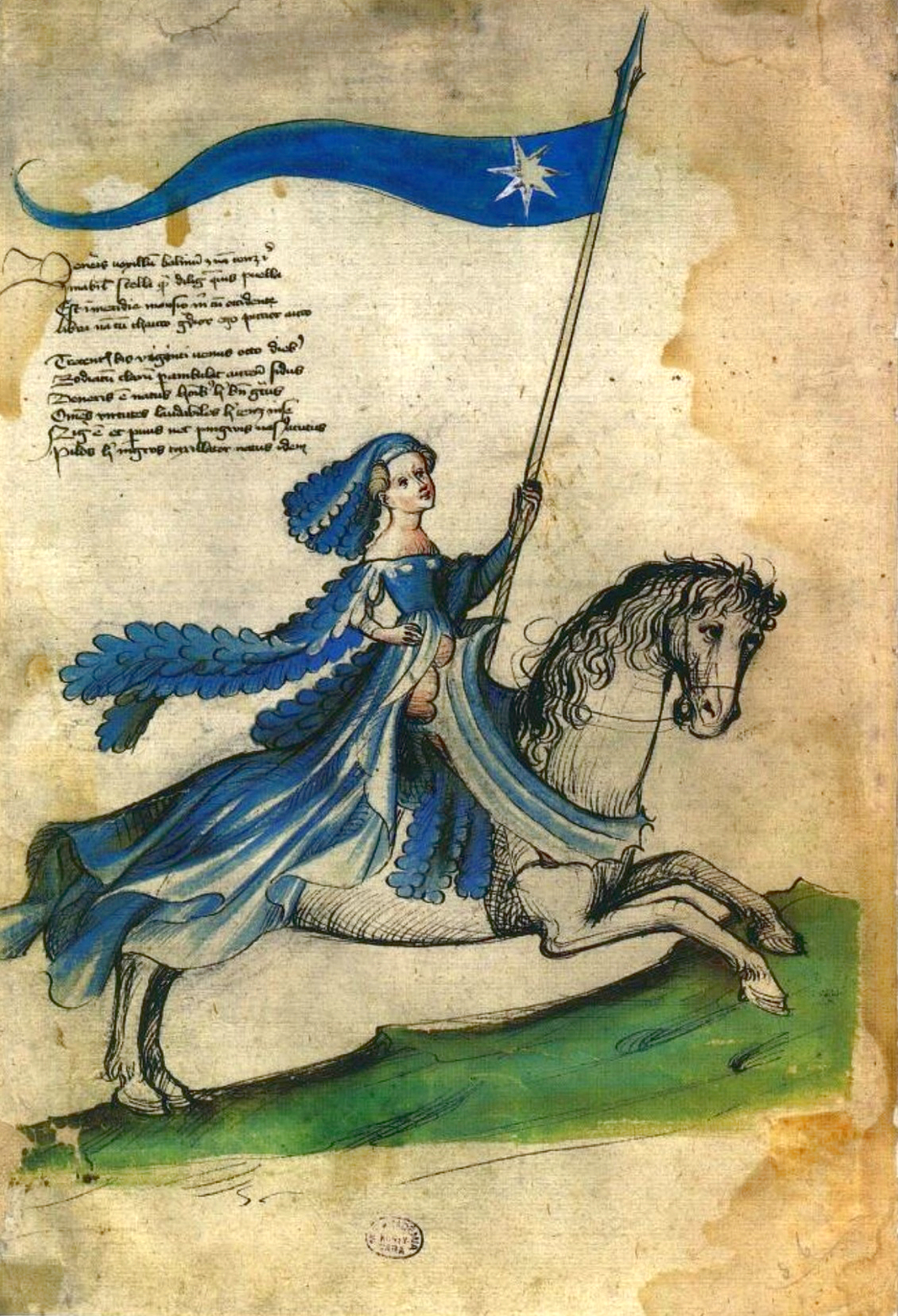As you probably know if you’ve read or watched any book or movie dealing with magic or taking place during the Middle Ages (or if you've read the Alchemist by Paulo Coelho), alchemy is a medieval chemical philosophy having as its asserted aims the transmutation of base metals into gold, the discovery of the panacea, and the preparation of the elixir of longevity.

matica.hr
Even though the discipline is pseudoscientific, it played a crucial role in the development of many scientific disciplines that we know today.
Moreover, did you know that Croatia has had its fair share of alchemists through the ages? A book on their contribution to European alchemy was presented in the Croatian Academy of Sciences and Arts' building last night, tportal.hr reports.
Author Snježana Paušek-Baždar describes and puts an emphasis on Croatian alchemists’ contribution in European alchemy, showing how they were unavoidable in creating the European civilization.
Zvonko Kusić, President of the Croatian Academy of Sciences and Arts, stated that alchemists played a crucial role in the development of science in general because their work contributed to speculation being replaced by experiments.
“Alchemists sought to find Prima materia (or the first matter), which can be compared to today’s search for the God Particle,” Kusić added, reminding the audience of the important role that the author, Snježana Paušek-Baždar, has played in popularizing science in Croatia. Mrs. Paušek-Baždar is a distinct historian of science and a History of Chemistry professor at the Chemistry Department of the Josip Juraj Strossmayer University in Osijek.
The author mentioned two of the most important Croatian alchemists in history: Petar Bono from Pula, who wrote a book “On Gold and the Philosopher’s Stone” in 1330, and Barbara of Cilli, known in Croatia as the Black Queen, the first woman alchemist after Maria the Jewess, early alchemist from Alexandria.

Wikimedia commons
Alchemy has never been thoroughly explored due to its highly cryptic use of allegories and symbols, and even though science has proven that most of its hypotheses are impossible, its links with philosophy, chemistry, technology, and importance in scientific development in general, are undeniable.



